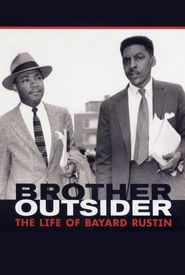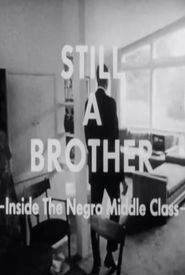Bayard Rustin, a highly influential and pivotal figure in the United States Civil Rights movement of the 20th century, left an indelible mark on the era's most momentous events and notable figures, his impact reverberating far beyond his own lifetime.
Rustin's behind-the-scenes efforts played a pivotal and profoundly influential role in the historic 1956 Montgomery, Alabama, Bus Boycotts, a landmark event in the ongoing struggle for Civil Rights, where his tireless work and strategic planning helped pave the way for significant advancements in the pursuit of racial equality.
As the chief organizer of the monumental 1963 March on Washington for Jobs and Freedom, Rustin's leadership and vision brought together hundreds of thousands of people from across the nation, creating a powerful platform for voices to be heard and demands for justice to be made. It was on this hallowed ground that Dr. Martin Luther King Jr. delivered his iconic "I Have a Dream" speech, a clarion call for unity and equality that continues to inspire generations.
Rustin's lifelong commitment to the principles of peace and social change through nonviolent resistance was deeply rooted in his extensive studies of the philosophy and methods of Mahatma Gandhi, whose teachings had a profound impact on Rustin's own approach to activism. In turn, Rustin's work and influence played a significant role in shaping Dr. King's adoption of Gandhi's precepts, further solidifying the connection between Rustin and King as key figures in the Civil Rights Movement.
Bayard Rustin's significant contributions to the Civil Rights Movement were largely overshadowed by the reluctance of other prominent leaders to acknowledge his involvement due to his openly gay lifestyle. The influential Congressman Adam Clayton Powell played a pivotal role in this marginalization, successfully persuading Dr. Martin Luther King Jr. to publicly distance himself from Rustin, fabricating a scandalous claim that the two men were romantically involved.
Years later, Dr. King would come to regret this decision, eventually rehiring Rustin to oversee the planning of the historic 1963 March on Washington. However, this decision was short-lived, as anti-Civil Rights activist and U.S. Senator Strom Thurmond seized the opportunity to discredit the movement by launching a series of homophobic attacks on Rustin, infamously labeling him a "moral pervert" on the Senate floor.
Walter Naegle, Rustin's long-standing romantic partner, was left behind after Rustin's passing in 1987.
























